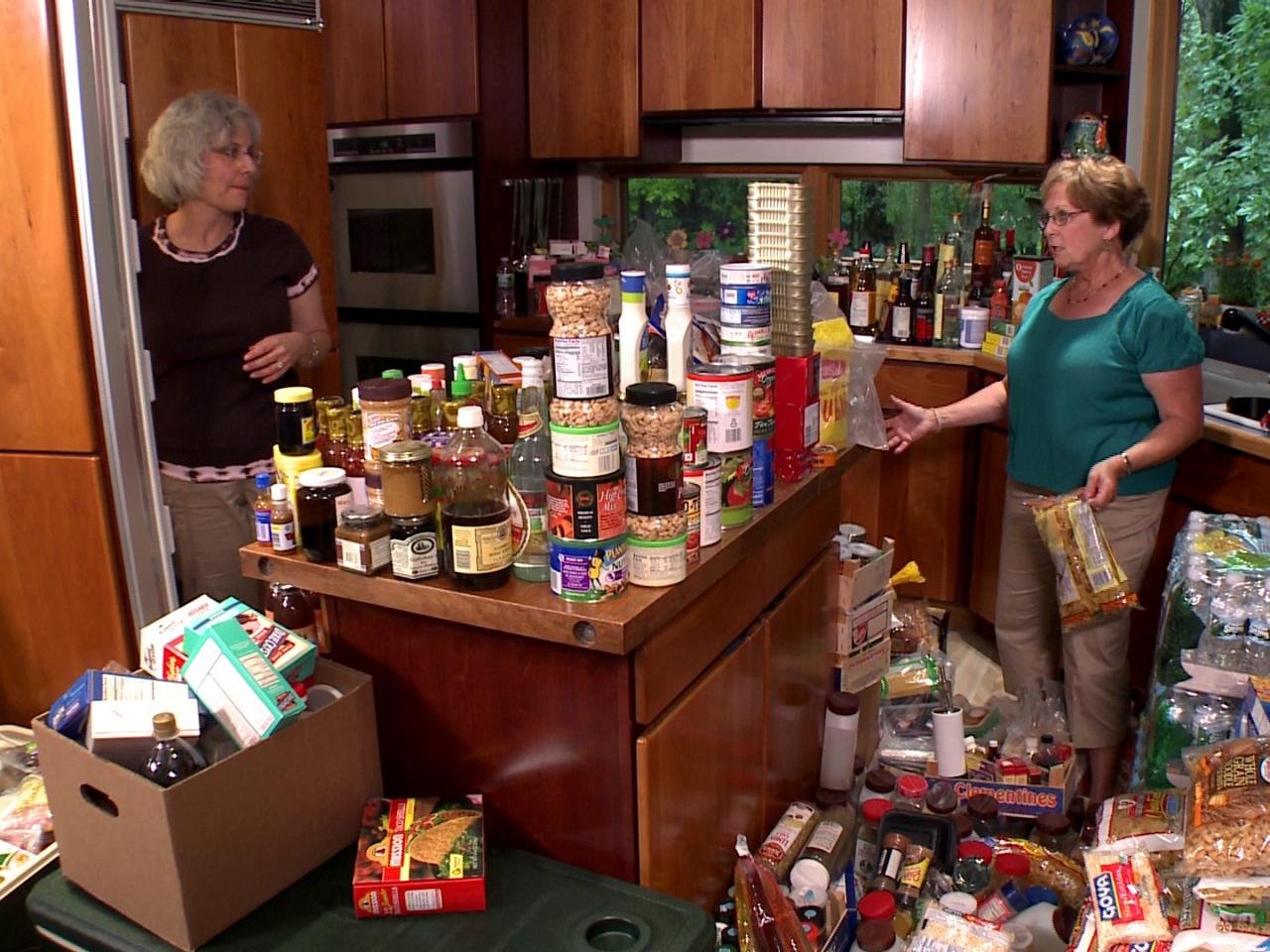Introduction to Food Hoarding
Food hoarding is a phenomenon that has garnered increased attention in recent years, particularly in the wake of global crises and natural disasters. At its core, food hoarding involves the excessive accumulation of food items, far beyond what is necessary for regular consumption. This practice is distinct from simply stocking up on essentials, where individuals purchase a reasonable amount of supplies to sustain themselves for a foreseeable period.
The key difference lies in the quantity and intent behind the accumulation. While prudent stocking involves maintaining a manageable inventory to ensure preparedness, food hoarding is characterized by the compulsive collection of large quantities of food. This behavior often stems from a deep-seated fear of scarcity and can lead to significant waste, as hoarded items frequently surpass their expiration dates before they can be consumed.
In today’s society, food hoarding poses several challenges. It can disrupt supply chains, leading to shortages and inflated prices, thereby impacting the broader community. Furthermore, the psychological effects on individuals who hoard food can be profound, contributing to anxiety, stress, and even social isolation.
Psychological Factors Behind Food Hoarding
Food hoarding can often be traced back to a complex interplay of psychological factors. One of the primary contributors is anxiety, which can manifest in a fear of scarcity. Individuals who experience chronic anxiety may feel a constant need to ensure they have enough food, leading to hoarding behavior. This fear is often rooted in past experiences, such as periods of food insecurity, where the individual may have faced significant challenges in obtaining enough food. These past experiences can leave a lasting impact, manifesting in a heightened need to stockpile food as a form of self-protection.
Another critical psychological factor is the presence of mental health conditions, particularly Obsessive-Compulsive Disorder (OCD). OCD can exacerbate the tendency to hoard food through compulsive behaviors and obsessive thoughts centered around the need to gather and store large quantities of food. Individuals with OCD may feel an overwhelming urge to accumulate food items, driven by intrusive thoughts that something bad will happen if they do not maintain an ample supply. This compulsion can lead to excessive hoarding, which can become difficult to manage over time.
Moreover, food hoarding may also be influenced by broader psychological dynamics, such as a need for control. In situations where individuals feel a lack of control in other areas of their lives, accumulating food can provide a sense of stability and security. This behavior can serve as a coping mechanism, helping them manage feelings of uncertainty and vulnerability. Additionally, societal and cultural factors, such as exposure to media coverage of food shortages or economic instability, can amplify these psychological triggers, further entrenching hoarding behaviors.
Signs and Symptoms of Food Hoarding
Food hoarding is a complex behavior that often manifests through various signs and symptoms. Recognizing these indicators can be pivotal in identifying whether you or someone you know might be experiencing this issue. One of the most apparent signs is an overstocked pantry. Individuals who hoard food tend to accumulate more food items than they can reasonably consume within a given timeframe. This often results in shelves packed to capacity, sometimes with items stacked in multiple layers.
Another common symptom is the presence of expired food items. Food hoarders frequently hold onto food long past its expiration date, unwilling to discard it despite the potential health risks. This reluctance to throw away spoiled or expired food is a significant red flag. The individual may insist that the food is still usable or express distress at the thought of wasting it, even when it is clearly no longer safe to consume.
Secretive behaviors around food storage are also a telltale sign. People who hoard food might hide their stashes in unusual places, such as under beds or in closets, to prevent others from discovering the extent of their hoarding. They may also become defensive or upset when questioned about their food storage practices, indicating a deeper emotional issue tied to their behavior.



































